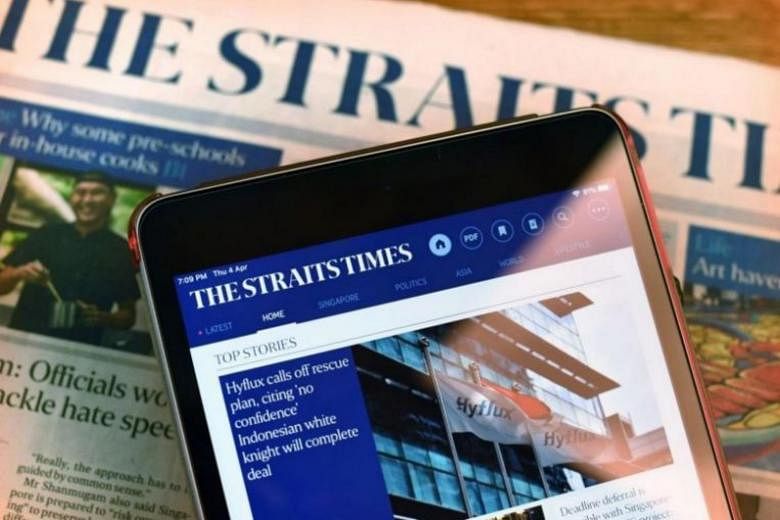I was surprised to read the letters by Mr Cheng Choon Fei and Mr Stanley Ong (PSC scholars should take courses relevant to S'pore; and PSC should sponsor courses aligned with public service, both July 22).
They questioned the rationale of the Public Service Commission (PSC) in allowing one of its postgraduate scholars to pursue a master's in Buddhist studies.
This attitude of compartmentalising academic pursuits into seemingly "relevant" and "useful" is something that needs to change.
A university education at all levels should be a window into which to pursue one's scholarly dreams, regardless of how "relevant" the subject may seem.
Education in the social sciences and the humanities allows one to develop creative and critical thinking skills, and to question established paradigms.
The close study of religion allows one to build up one's repertoire of knowledge and inter-cultural empathy and understanding.
In a multi-ethnic, multi-religious society like Singapore's, such skill sets are of utmost importance. This ability to think outside one's cultural paradigm and to reflect on how different people and societies understand what it means to be human form the fundamentals of good leadership.
Unfortunately, many Singaporeans continue to associate higher education with simplistic material gains. "National interests" seem to be the antithesis of "self-enrichment" as spelt out in Mr Cheng's quotation of Prime Minister Lee Hsien Loong's speech.
Yet, can self-enrichment not work in tandem with national interests? To pursue a postgraduate degree in whatever field is always an exercise in self-enrichment.
Graduate students spend many years researching subjects that are meaningful to them. For a society to systematically categorise academic pursuits into useful and not useful produces a national consciousness that lacks creativity and cultural awareness, and with that, the serious potentialities of disharmony.
Would we want our leaders to be mere automatons ruled merely by the rigid laws of science, who are unable to think outside the box?
In short, I feel that both letter writers have done an injustice to the scholarship holder.
The fact that he is pursuing a degree in Buddhist studies at one of the top universities in the world should not be critiqued but celebrated, as it showcases not only the student's excellent academic skills and determination but also the PSC's ability to move away from outdated modes of thought.
Irving Chan Johnson

